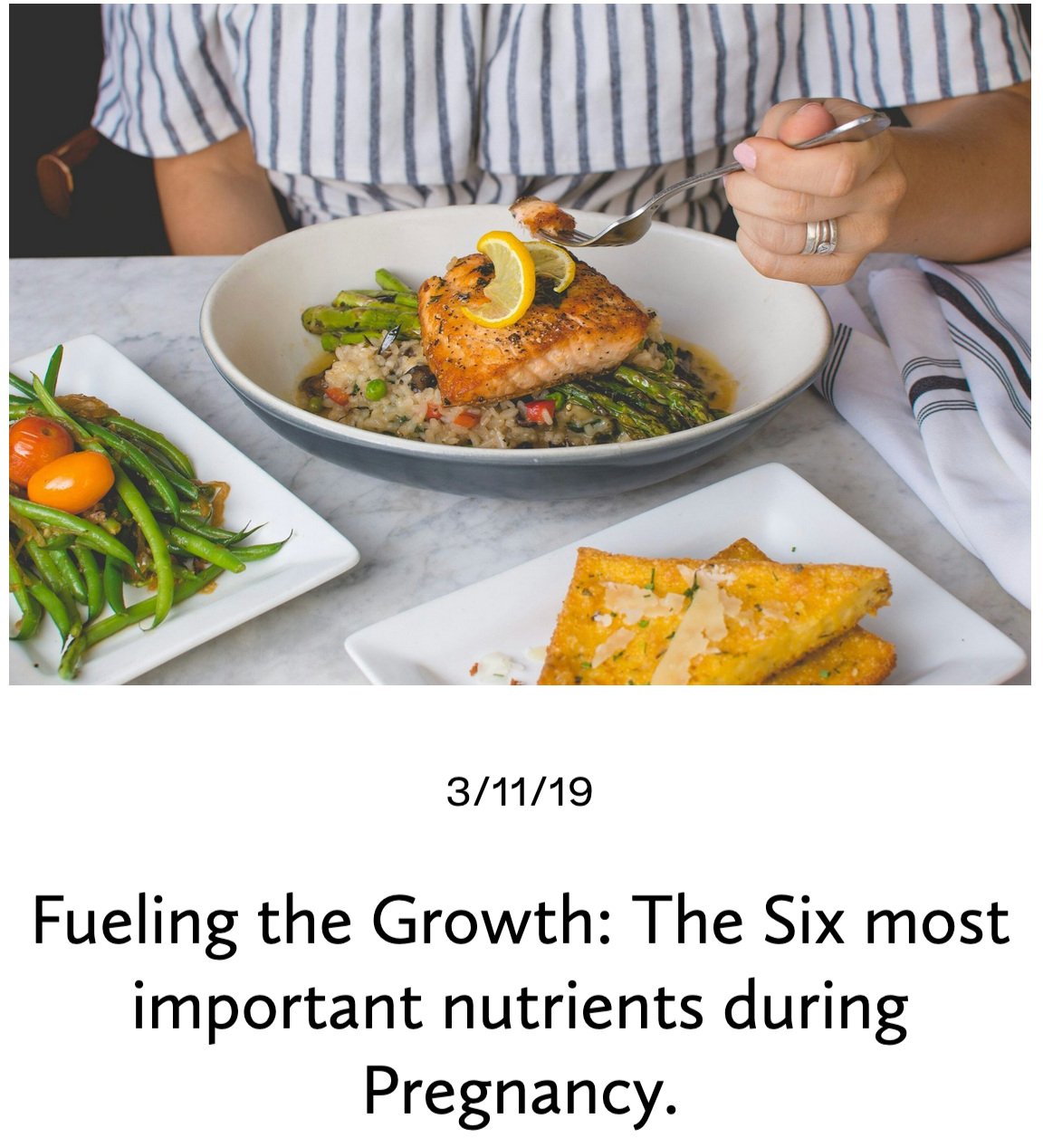Eating for 2 – How much does a pregnant body need?
When pregnant, you might think you can eat twice as much. This common belief comes from times when food was scarce. Today, we have plenty of food, but it often lacks essential nutrients. Many people in Western countries have deficiencies in fiber, iron, iodine, and calcium. These deficiencies can affect both your and your baby's health.
How much do you actually need?
You don't need to eat for two, but you do need more nutrients:
First trimester: No extra calories needed
Second Trimester: 250 - 340 extra calories
Third Trimester: 300 - 500 extra calories
Breastfeeding: 400-500 extra calories if fully breastfeeding
A good rule is: "Eat the same amount, but twice as good." Focus on nutrients like iron, protein, folate, Vitamin D, and Omega 3.
Why is it important to eat nutritious food?
Pregnancy is a crucial time for nutrition. Your baby takes what it needs from your body, which can leave you deficient. Your baby also develops its metabolism during this time, preparing for life outside the womb. Your diet and lifestyle choices have lifelong effects on your child's health, especially in the first 1,000 days.
Nutrient deficiencies can lead to health problems. For example, lack of folate can cause spina bifida (1), while lack of calcium can increase the risk of preeclampsia (2).
What foods should I eat?
Choose nutrient-dense foods like nuts, plain yogurt with homemade granola, and beans. For sweets, try fruit crisps with whole-grain toppings or whole-wheat carrot cake. Limit empty-calorie treats, but don't deprive yourself completely.
Remember, your baby tastes what you eat through the amniotic fluid. This exposure shapes their future food preferences. A study showed that babies whose mothers drank carrot juice during pregnancy reacted more positively to carrot-flavored cereal later on. (3)
By making smart food choices, you're not just nourishing yourself – you're setting the stage for your baby's lifelong health and eating habits.
Sources:
1 - Folic Acid Supplementation to Prevent Neural Tube Defects. 2023 https://jamanetwork.com/journals/jama/fullarticle/2807739
2 - Almaghamsi, Abdulrahman, et. Al.: Hypocalcemia in Pregnancy: A Clinical Review Update. 2018 https://www.ncbi.nlm.nih.gov/pmc/articles/PMC6206424/
3 - Menella, Julie: Prenatal and Postnatal Flavor Learning by Human Infants. 2001 https://www.ncbi.nlm.nih.gov/pmc/articles/PMC1351272/


